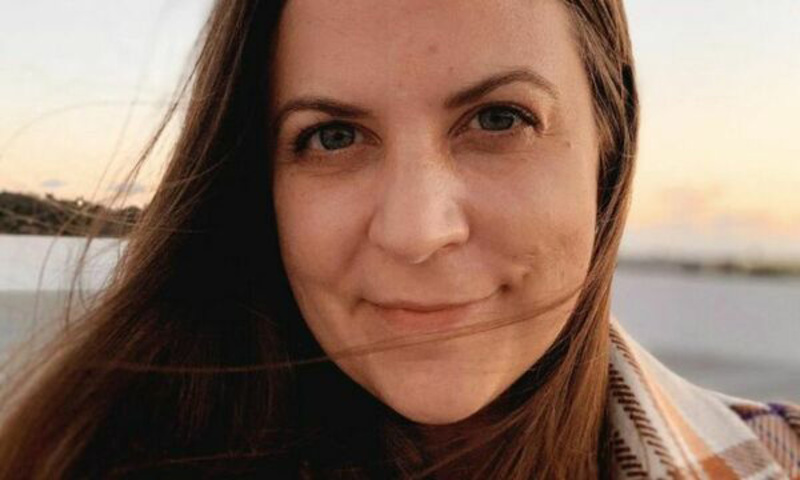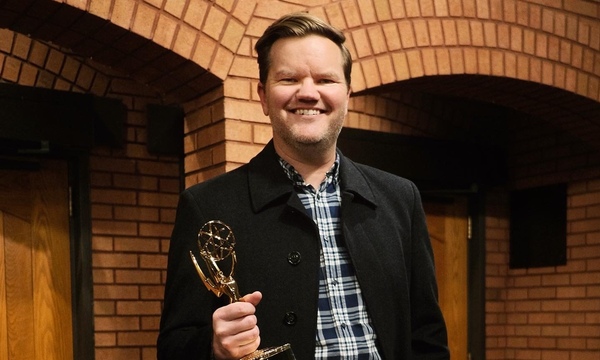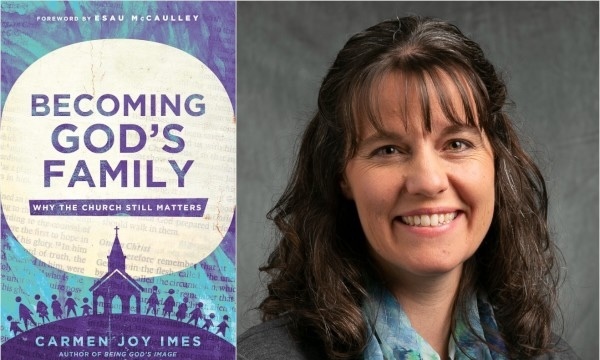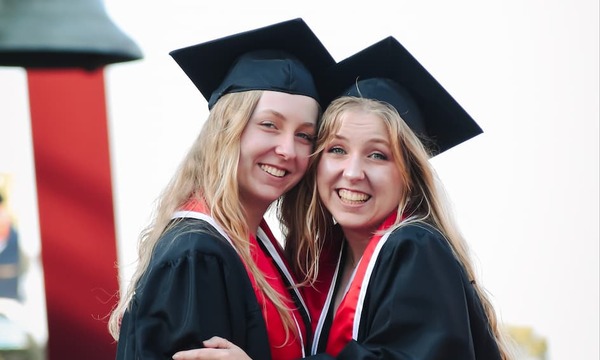Bethany Wearden (B.A. ’08) found her calling supporting artists full-time with an immigrant justice organization called Define American, where she launched and runs their fellowship program for immigrant artists working in narrative mediums. The company has been recognized as one of the 10 most innovative non-profits of 2020.
As a student at Biola University’s Snyder School of Cinema & Media Arts, she interned with Walden Media and National Geographic Films, and attended the 2007 Sundance Film Festival, an experience that caused her to rethink her screenwriting emphasis.
“It was my first peek into the world of artist support and public programming and I was hooked immediately,” Wearden said. “I enjoyed studying film but quickly realized I am much more excited about other people’s stories than my own and also had already had a taste of how lonely and isolating the life of an artist can be without support.”
Graduating in 2008 in the midst of the economic recession, Wearden spent her first few months of post-graduation life stringing together freelance gigs and PA positions before moving to Istanbul, Turkey, to teach ESL. That is when she noticed the Sundance Film Forward program.
“I loved what they were doing — using films to spark cross-cultural dialogue — and I met a few of the staff,” Wearden said. “When I moved back to Los Angeles later that year, I ended up working with them and that started my career in artist support and public programming.”
During that time, she helped start the Sundance Ignite fellowship and festival experience, which continues today. The highly competitive Sundance Ignite fellowship supports emerging filmmakers ages 18 to 25 with a year of mentorship and program opportunities.
“There's something magical about watching an artist and audience member have a connection over a piece of art that artist has created,” Wearden said. “I live for matchmaking those moments. The delight an artist has in watching someone resonate with their work and the surprised pleasure of someone finding work that is deeply meaningful to them and maybe even elucidates an experience they have had themselves is the power of art for me.”
All of the programs Wearden has worked with have been primarily grant funded, which poses a set of specific challenges.
“You never know if it will be able to continue or not and how many artists you will be able to support and or how many programs you will be able to curate. You have to be comfortable with your career being a little bit uncertain year to year,” she said.
Besides that formative trip to Sundance in 2007, Wearden cites the film theory and criticism classes as her favorite experiences at Biola.
“They helped me learn how to talk about art and not be hesitant or ashamed about resonating with pieces differently than my classmates or even my professors,” she said “Understanding that art is somewhat subjective and may resonate with different people differently has been hugely helpful in my career, especially when selecting and curating programs for audiences.”
Wearden’s advice for current students and soon-to-be-students is to not waste time worrying about what others think about the films you like or make.
“There is an audience for your work and there are filmmakers whose work will come to feel like home to you,” she said.
Learn more about Biola's Snyder School of Cinema and Media Arts including the new entertainment business degree today.
Written by Nate Bell. For more information, contact Media Relations at media.relations@biola.edu.
 Biola University
Biola University


.jpg)

